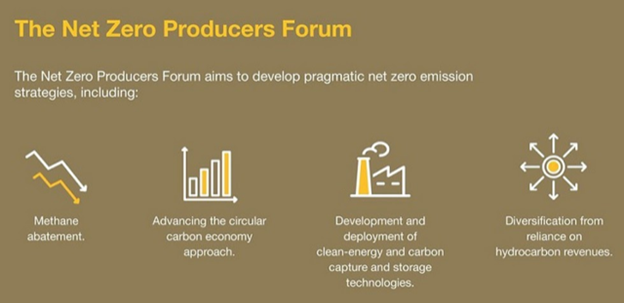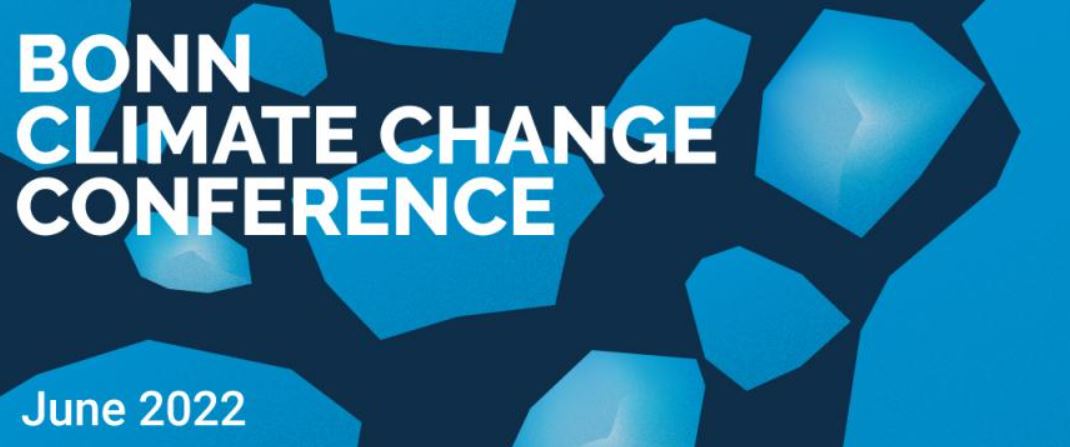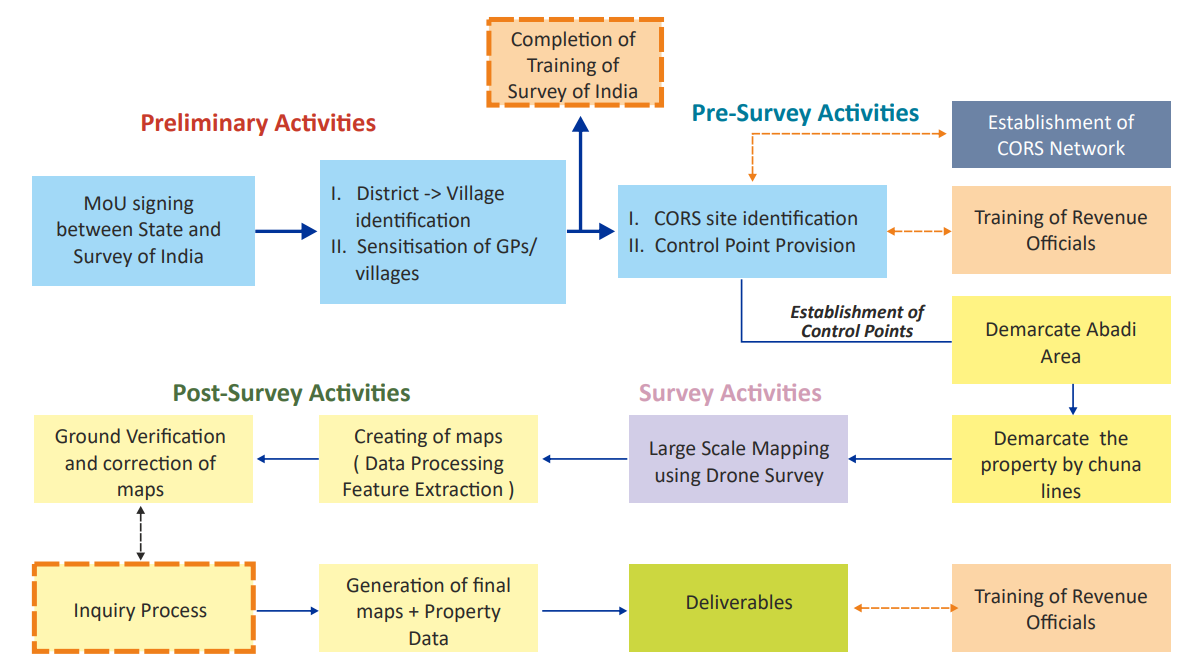What is Net-zero?
Net-zero is a state in which a country’s emissions are compensated by absorption and removal of greenhouse gases from the atmosphere.
The Net Zero Producers’ Forum considers strategies and technologies which include “methane abatement, development and deployment of clean-energy and carbon capture and storage technologies .
Absorption of the emissions can be increased by creating more carbon sinks such as forests, while removal of gases from the atmosphere requires futuristic technologies such as carbon capture and storage.
Saudi Arabia recently announced that it is to join Canada, US, Qatar and Norway in forming the Net Zero Producers Forum. These countries are collectively responsible for 40% of global oil and gas production.
The forum has been formed for the oil and gas producers to discuss how to support the implementation of Paris Agreement on Climate Change.
About circular carbon economy?
G20 Energy Ministers at a September 2020 Ministerial Meeting endorse the circular carbon economy (CCE) as is an integrated and inclusive approach to transitioning toward more comprehensive, resilient, sustainable, and climate-friendly energy systems that support and enable sustainable development.
Hydrocarbons will continue to comprise the lion’s share of energy demand for the foreseeable future, according to most energy outlooks. To mitigate resulting emissions, CCE employs a holistic, technology-neutral approach by incorporating clean technologies such as Carbon, Capture, Use and Storage (CCUS) to store carbon underground along with processes that turn CO2 into value-added products. The four R's of the CCE are:
- Reduce: Use all carbon mitigation options and fuels with a reduced carbon footprint such renewables and green hydrogen.
- Reuse: Employ methods to reuse carbon as an input to create feedstocks, fuels and other uses, such as Carbon Capture and Utilisation.
- Recycle: Create new value-add products by chemically altering carbon such as plastics, fertilisers, and building materials.
- Remove: Deploy actions to remove excess carbon and/or store it. Examples include: CCUS, direct air capture, and natural sinks such as forestation.






.jpg)
.jpg)
.jpg)





